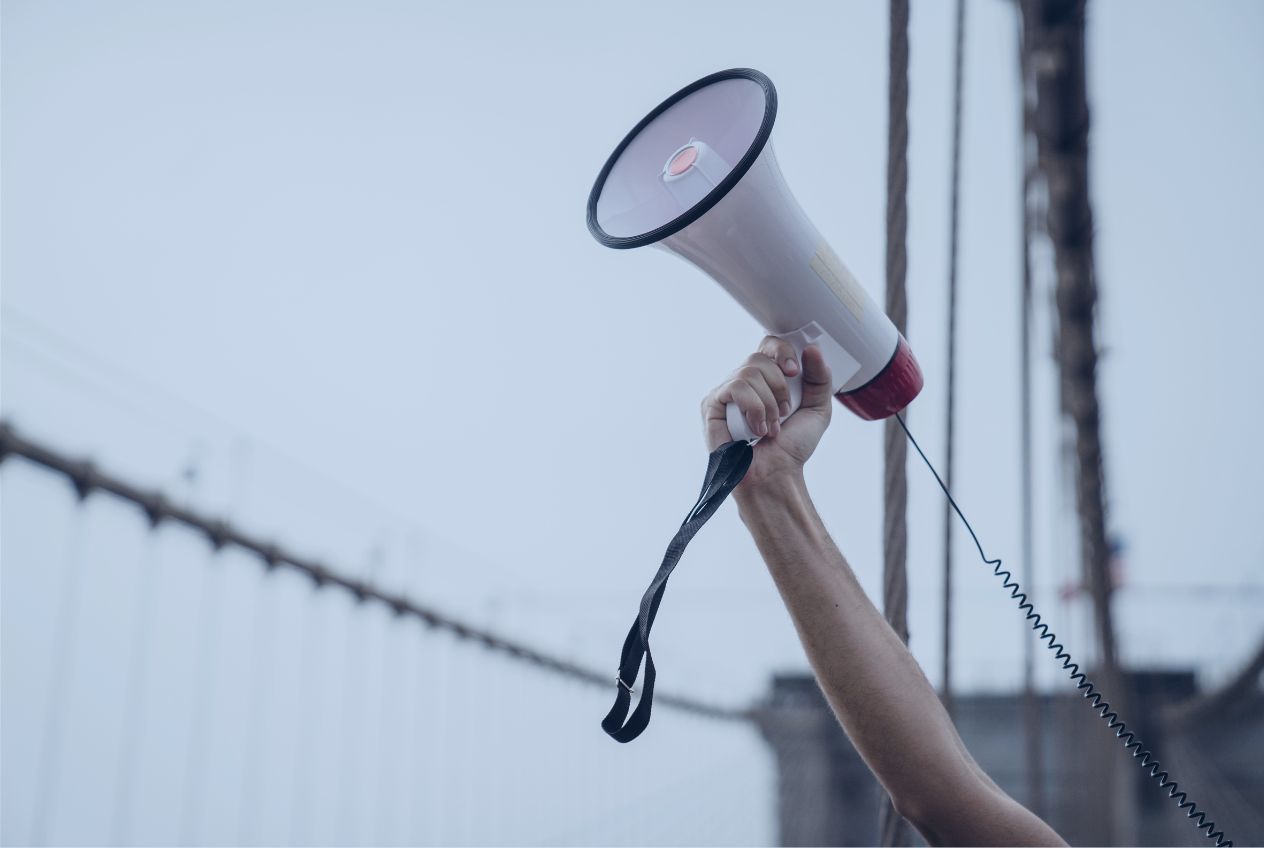European Union member states are busy regulating alcohol use and limiting consumer choice even though historically, it has shown that bans and limitations on use have had the opposite effect as had been intended.
There are two recent examples of strict alcohol regulations, both coming from countries where alcohol consumption is high. Hence, lawmakers believe that limitations are needed to decrease the number of drinkers.
Lithuania started down this road in 2017 when Parliament put the following into to law: they banned the advertisement of alcohol; the legal age to buy alcohol was raised to twenty; the opening hours for shops to sell alcohol was shortened; in restaurants, maximum alcohol content was maximized; and alcohol sale at sports events or on the beach is also restricted.
The measures have become very unpopular among consumers in the past years. However, there has yet to be a severe political movement to repeal the law. As usual with similar bans (think of the Prohibition in the USA a century ago), people have found ways to find loopholes in the system. Youngsters asking their older friends to purchase alcohol, people crossing borders to find alcohol in other countries after the ban hours, or the illegal sale of alcohol at houses are just a few examples of the creative ways people come up with.
At the other end of the continent, Ireland has been active in regulating alcohol sales. Recently, plans have been introduced to label alcohol products with possible health risks once consumed. The decision is very disadvantageous for Irish consumers who will be deprived of some of the best wines of Italy, France or Portugal, because it will just not be worth it for them to take on the costs associated with relabeling bottles for a market as small as Ireland. Both sellers and buyers will lose due to this decision.
We at the Consumer Choice Center condemn any alarmist measure that is unjustified but would have the effect of influencing consumers to make negative decisions. It worries us to see that politicians are jumping on the bandwagon of populistic legislation for unfounded reasons, as treating all responsible drinkers as if they drink excessively is anything but a sound decision.
The message from consumers to lawmakers when they are obsessed with regulating their lives is that they should finally be considered adults and not treated like children when they want to make their own choice. If problematic drinking is an issue of concern in either of these countries, then legislative action should be taken in a targeted way that focuses on those who struggle with substance abuse, rather than a heavy handed approach that treats all drinkers as if they are alcoholics.




